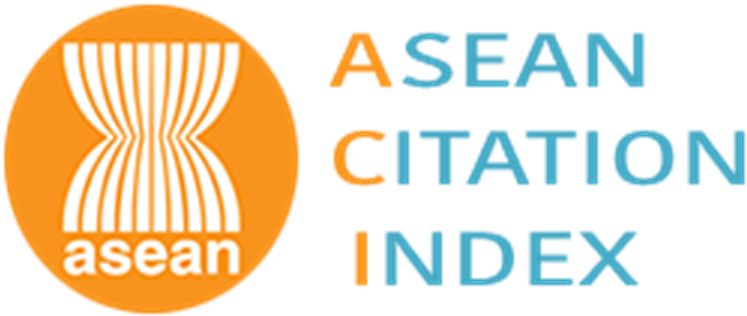การพัฒนาหลักสูตรการบริหารจัดการในโรงงานอุตสาหกรรมให้เกิดความยั่งยืน
Abstract
อุตสาหกรรมเป็นภาคส่วนสำคัญในการขับเคลื่อนเศรษฐกิจแต่ก็สร้างปัญหาให้กับสังคมเช่นเดียวกัน การพัฒนาอุตสาหกรรมไทยให้อยู่ร่วมกันกับสังคมอย่างสมดุล มั่นคง ยั่งยืน และมีความสุขตามหลักปรัชญาเศรษฐกิจพอเพียงจึงต้องเริ่มจากทรัพยากรบุคคลที่มีคุณภาพ งานวิจัยนี้มีวัตถุประสงค์เพื่อพัฒนาหลักสูตรการบริหารจัดการในโรงงานอุตสาหกรรมให้เกิดความยั่งยืนบนพื้นฐานกรอบแนวคิด 3 ด้านคือ 1) หลักการทรงงานของพระบาทสมเด็จพระเจ้าอยู่หัว 2) ความต้องการของภาคอุตสาหกรรม และ 3) แนวโน้มการพัฒนาของอุตสาหกรรมโลก อันจะทำให้หลักสูตรที่สร้างขึ้นเกิดความแตกต่างจากหลักสูตรที่มีอยู่โดยทั่วไป หลักสูตรได้ถูกพัฒนาขึ้นด้วยข้อเสนอแนะของผู้เชี่ยวชาญจากหน่วยงานต่างๆ การทดลองหลักสูตรที่สร้างขึ้นกับผู้เข้าร่วม 63 คนพบว่ามีประสิทธิภาพต่ำ การประชุมกลุ่มของคณะผู้เชี่ยวชาญเป็นครั้งที่ 2 ได้ปรับปรุงรายละเอียดและจัดการอบรมขยายผลเพิ่มอีก 3 ครั้งทำให้หลักสูตรได้รับการพัฒนาและสามารถเพิ่มระดับความรู้ให้กับผู้เข้ารับการอบรมอีก 164 คนได้อย่างมีนัยสำคัญ แบบทดสอบที่ได้ทดลองใช้จำนวนมากถึง 4 ครั้งทำให้แบบทดสอบมีประสิทธิภาพสูงด้วยเช่นเดียวกัน
Industry is an important sector that drives economic growth. However, it also causes social problems. The development of Thai industry to coexist with the society, using the sufficiency economy philosophy for balance, security, sustainability, and happiness, has to begin with high quality human resources . The objective of this research was to develop an industrial management curriculum for sustainability based on 3 concepts: 1) the work principle of His Majesty the King, 2) industrial demands, and 3) global industrial development trends, which would make the proposed curriculum different from others. The curriculum was developed from the specialists’ suggestions from various organizations. The curriculum was tried out with 63 examiners and presented a low efficiency result. The second focus group of specialists modified all of the details and launched 3 more training courses. Hence, the curriculum was developed and showed the ability to increase 164 more participants’ knowledge significantly. The examination questions were used up to 4 times, which also led to high-efficiency examination questions.
Keywords
DOI: 10.14416/j.kmutnb.2016.04.003
ISSN: 2985-2145





